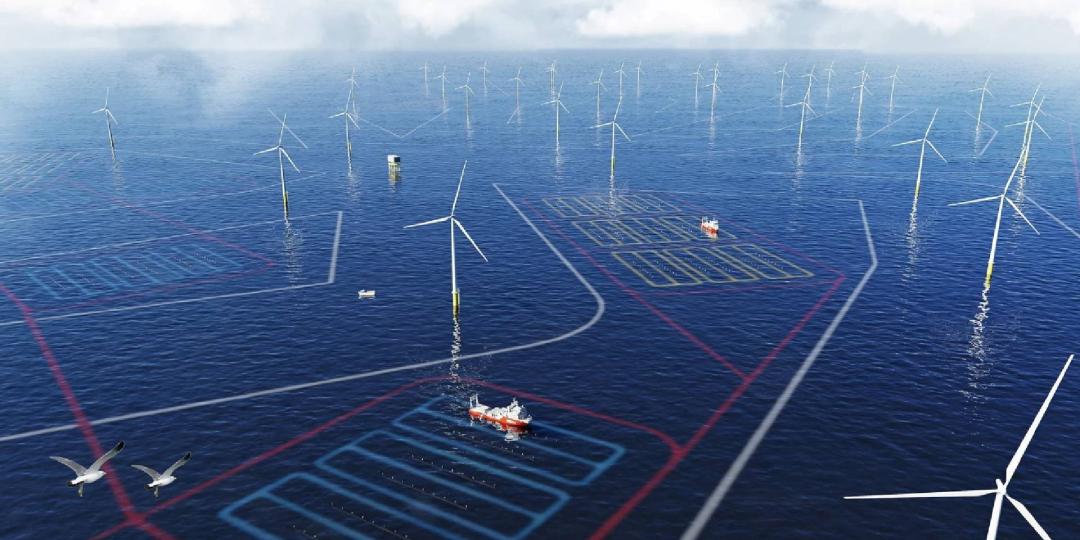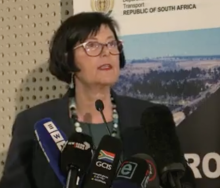Amazon is spending €1.5 million (R28.9m) funding the world’s first commercial-scale seaweed farm located between offshore wind turbines and to research the potential of seaweed absorbing CO2.
According to a statement released by Amazon, the project will be managed by a consortium of scientific researchers and partners from the seaweed industry, led by the non-profit organisation, North Sea Farmers (NSF), and is expected to be operational by the end of this year. The consortium hopes North Sea Farm 1 will evolve into a blueprint for offshore seaweed farming globally.
By locating the farm in previously empty space between wind turbines, the project is able to expand seaweed cultivation in the otherwise heavily used North Sea. If seaweed farming were to expand to occupy the entire space occupied by wind farms, expected to be approximately one million hectares by 2040, it could reduce millions of tonnes of CO2 annually. Seaweed can also be used to manufacture packaging, food and clothing.
Amazon’s €1.5m will fund the creation of the unique seaweed farm and a year’s scientific research into carbon reduction through seaweed farming. The funding comes from its $100m global ‘Right Now Climate Fund’, which aims to support nature-based solutions, in addition to the work the company is doing to decarbonise its business.
The grant will provide the investment required to construct a 10-hectare seaweed farm, which is expected to produce at least 6 000 kilograms of fresh seaweed in its first year. The funding will also support NSF to analyse and improve the farm’s production capabilities. Researchers will explore the potential of seaweed farms to remove carbon from the atmosphere, modelling the impacts of large-scale seaweed farming.
NSF has championed the seaweed sector in Europe since 2014 and will lead the project, working with a consortium of organisations from across Europe that are involved in the entire seaweed production supply chain. This includes researchers Plymouth Marine Laboratory, Deltares and Silvestrum Climate Associates, seaweed extract manufacturers Algaia, and marine contractors Van Oord.
NSF manager of farming and technology, Eef Brouwers, said North Sea Farm 1 and others like it would provide an opportunity to create jobs through the farming and production of seaweed-based products.
“Potentially, up to 85 000 full-time jobs could be created in the European seaweed sector by replicating North Sea Farm 1 across the North Sea, repurposing the space amongst wind farms. These jobs would not only be in the farming process, but also in the production and sales of seaweed-based products.”
Amazon’s EU Sustainability director, Zak Watts, said seaweed could be a key tool in removing carbon dioxide from the atmosphere, yet was currently farmed at a relatively small scale in Europe.
“We're delighted to fund this project to help us reach a greater understanding of its ability to help fight climate change,” Watts said.













